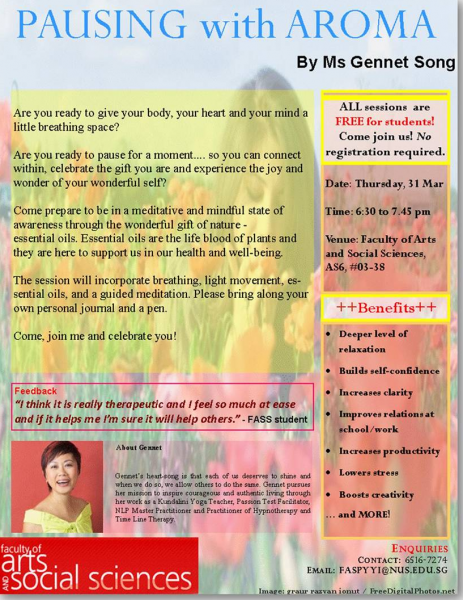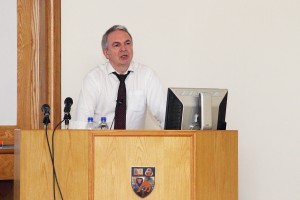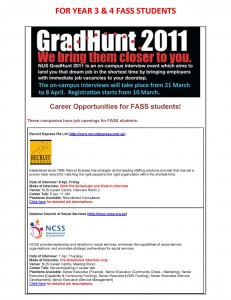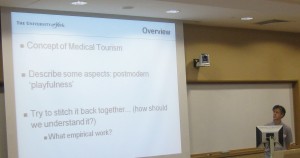
In March 2011, FASS concluded the Joint Minor agreement with the Faculty of Arts and Sciences of the University of Toronto (UoT); officially launching the joint minors in Asian Geographies and Urban and Regional Change in North America. NUS students will be reading the minor in Urban and Regional Change in North America while UoT students will be accessing the minor in Asian Geographies. The joint minor is open to FASS students from the 2009 cohort onwards, regardless of their majors.
Professor Ito Peng, Associate Dean for Interdisciplinary & International Affairs, Faculty of Arts and Science, UoT, was in Singapore recently and was the happy witness to the conclusion of the agreement. She said that UoT considered NUS to be an important and strategic partner and was pleased that the joint minor arrangement has now been extended to FASS. Professor Brenda Yeoh, Dean of FASS, echoed Professor Peng’s satisfaction that the joint minor has now come to fruition and that students from both universities will now be able to benefit from the best of both worlds. She hopes that the relationship between Toronto and NUS will continue to deepen to include collaboration in research and graduate studies.
More information on the joint minors with UoT can be found here.




